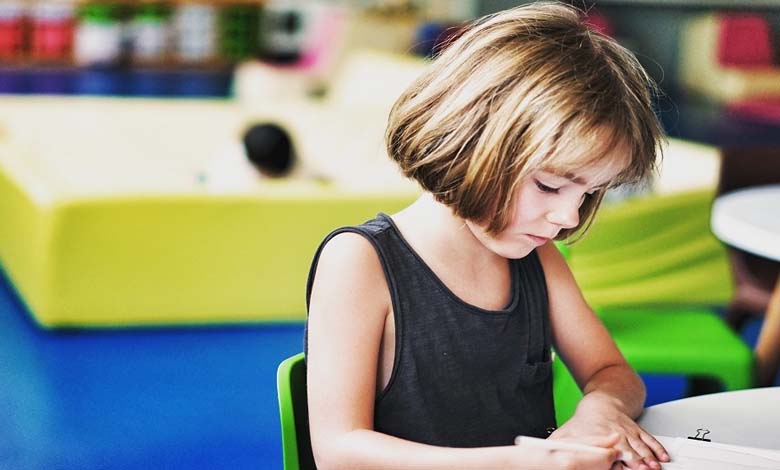The right approach when a child hides worrisome issues

Children often hide troubling problems from their parents due to fear of consequences, peer pressure, and the desire for independence. Behavioral changes, academic decline, and altered social interactions in children can indicate hidden issues.
-
Three Children Killed: Teen Faces 14 Charges After Horrific Attack
-
Tragedy in Libya: Lion devours child, authorities step in
Experts recommend fostering open communication, monitoring social life and online activities, and seeking professional help if concerning behaviors persist.
According to the “Times of India,” there are many reasons why children choose to hide their problems. The main one is their fear of severe consequences for admitting a mistake or wanting to avoid disappointing their parents.
It is very important to create a safe and supportive environment for our children to encourage them to share their thoughts. It is also essential to always remind them that mistakes are part of learning and growing.
-
UK: Two Children Killed and 11 Seriously Injured in Knife Attack
-
How Having More Than Two Children Affects Your Parenting Style
Additionally, peer pressure and social influences play a significant role. Children may hide problems because they fear judgment or ridicule from their peers if certain information becomes known.
They may worry about losing friends or being perceived differently by their social circle. In these situations, creating an open and non-judgmental environment at home can encourage children to trust their parents without fearing negative consequences.
Developmental factors such as increasing independence and the desire for freedom can also lead children to test boundaries and assert their individuality. Communication barriers can also cause children to hide concerning issues. They may find it difficult to express their feelings or not know how to handle sensitive topics.
It is essential for parents to regularly engage in open and honest conversations, listen actively to their children’s concerns, and create opportunities for them to express themselves comfortably.
But how can you tell if your child is hiding something from you?
If you suspect your child is hiding something concerning, look for behavioral changes such as “withdrawal, secrecy, or unusual anger/sadness,” says Rutika Khandol, a psychologist and outreach participant in Delhi.
-
Iraq: Young Woman and Her Child Killed After Falling from Eighth Floor in “Mysterious” Circumstances
-
Egypt: “Painful” details in the murder of a child by her father
For example, if your usually outgoing child becomes withdrawn, spend quality time together and gently express your concerns. Khandol adds that academic decline, failure for a high-performing child, and dropping activities are other signs that the child is hiding things.
She adds that parents should also monitor physical behavior changes such as changes in sleep, appetite, or unexplained injuries. If your child has trouble sleeping, skips meals, or shows bruises, it is important to show concern, ask about their well-being, encourage healthy habits, and consult a healthcare professional if necessary.
-
She wanted to punish him.. A 155 kg woman sat on her child and killed him
-
They were heading to school.. 12 children killed in a horrific accident in Johannesburg
The psychologist also advises parents to be aware of their children’s online activity and behavioral changes, such as quickly closing browsing windows when you arrive or showing distress after using their phone. Clear guidelines for internet use, discussing its dangers with the child, and using parental control tools are important.
Khandol emphasizes that “early intervention is always key to addressing underlying issues and ensuring your child’s well-being.”












